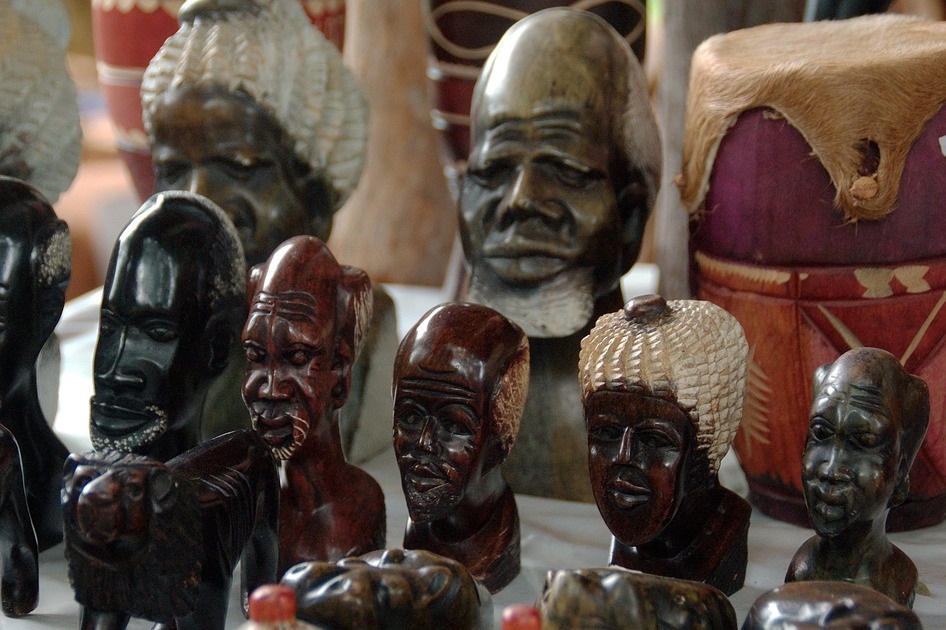In November, Brazil celebrates National Black Consciousness Month. This month serves to honor and promote the achievements and contributions of the Black community in Brazil. It also raises awareness about the ongoing fight against racism and inequality. It serves as a reminder to embrace diversity, celebrate cultural heritage, and work towards a more inclusive society for all.
As a country with the largest Black population outside Africa, Brazil has a rich history and cultural heritage deeply rooted in African traditions and influences. The National Black Consciousness Month provides an opportunity for Brazilians to reflect on their shared history. November has a significant impact on the Black community in shaping the country’s identity. Additionally, it serves as a platform for discussions on social justice, racial equality, and the need for continued efforts to dismantle systemic racism.
Why National Black Consciousness Month Is Held In November
The National Black Consciousness Month in Brazil is celebrated in November, which marks the anniversary of the death of Zumbi dos Palmares, a prominent figure in the resistance against slavery. Zumbi dos Palmares was a symbol of resilience and freedom for Afro-Brazilians, and his legacy continues to inspire movements for racial equality and empowerment in Brazil.
Festivities and activities occur throughout November, with various events and initiatives aimed at promoting Black culture, history, and achievements. These celebrations provide an opportunity for Afro-Brazilians to showcase their talents, educate others about their heritage, and foster a sense of pride and unity within their communities. The month-long observance also serves as a platform to raise awareness about the ongoing challenges faced by Black individuals in Brazil and to advocate for lasting social change.
Racism persists in Brazilian society, affecting the lives and opportunities of Afro-Brazilians. Despite progress in recent years, discrimination and inequality continue to be major issues in the country. According to IBGE, the Brazilian Institute of Geography and Statistics, Afro-Brazilians are more likely to experience poverty, unemployment, and limited access to education and healthcare compared to their white counterparts.
Currently, there are some initiatives related to affirmative action programs for Afro-Brazilians that aim to reduce inequality and promote inclusivity. These initiatives include quotas in universities and public sector jobs. There are also programs that provide scholarships and support for Afro-Brazilian students. However, there is still a long way to go in achieving true equality. The country still has systemic racism and prejudice in various aspects of Brazilian society.
Connection to the African Diaspora
In Quilombolas, there are ongoing efforts to secure land rights and preserve cultural heritage. The Quilombola communities, descendants of escaped enslaved people, face challenges such as land encroachment and lack of access to basic services. Organizations and government agencies are working together to address these issues. They intend to empower the Quilombolas through legal support, education, and sustainable tourism.
Several Quilombolas and historical Afro-Brazilian sites can be visited across the country, such as Little Africa in Rio de Janeiro and Pelourinho in Salvador.
The Quilombolas’ connection to the African Diaspora is significant. They highlight their ancestral ties to Africa and the shared experiences of African descendants throughout the Americas. This connection serves as a source of cultural identity and resilience for the Quilombolas. These historical Black communities foster a sense of connection and solidarity with other Afro-descendant communities around the world. Recognizing and celebrating this connection can contribute to a greater understanding. They also help to preserve their history and struggles, ultimately promoting social justice and equality for all marginalized groups.
Who was Zumbi dos Palmares for the Black Population in Brazil?
Zumbi dos Palmares was a key figure in the resistance against Portuguese colonization in Brazil during the 17th century. He was a leader of the Quilombo dos Palmares. According to some historians, it is believed that Palmares had roughly 20,000 inhabitants during its heyday.
Although it had many leaders throughout its 100 years of existence, Zumbi is the most popular king who ruled the African kingdom in Brazil. Zumbi’s leadership and strategic skills played a crucial role in the defense of Palmares, making him an important symbol of resistance and resilience for Afro-Brazilians today.
